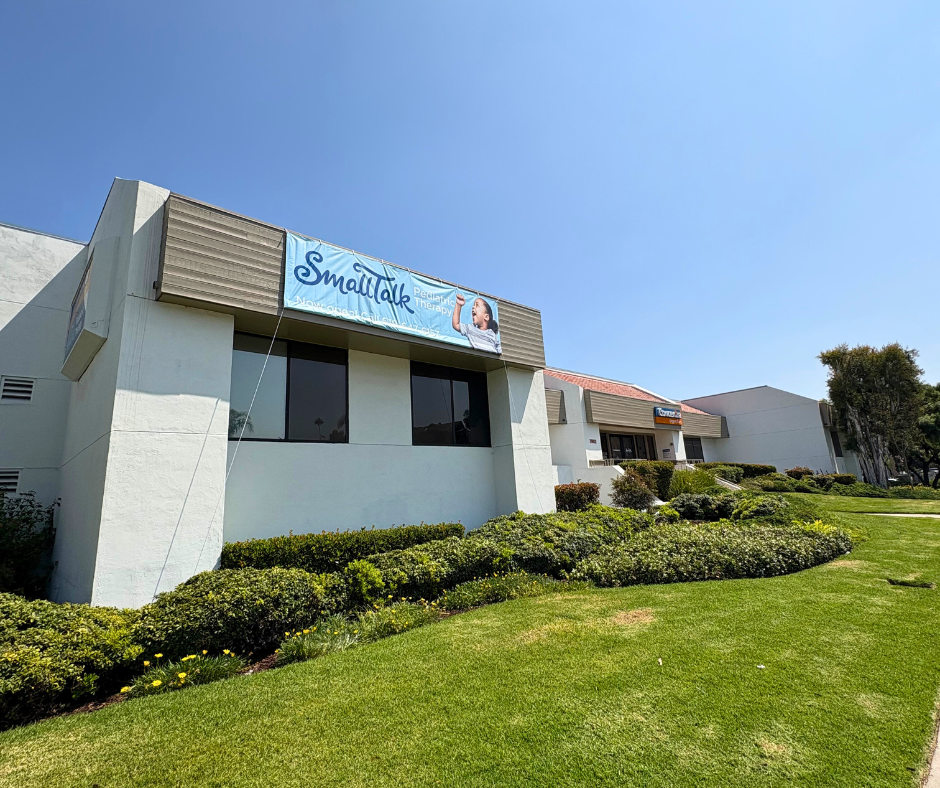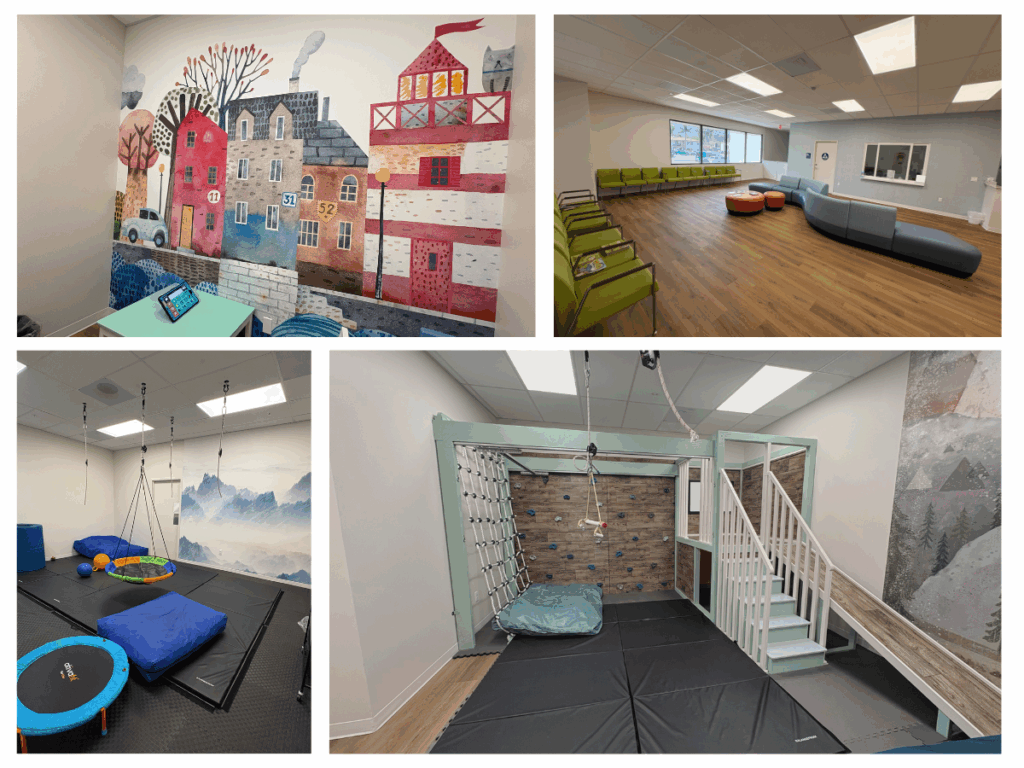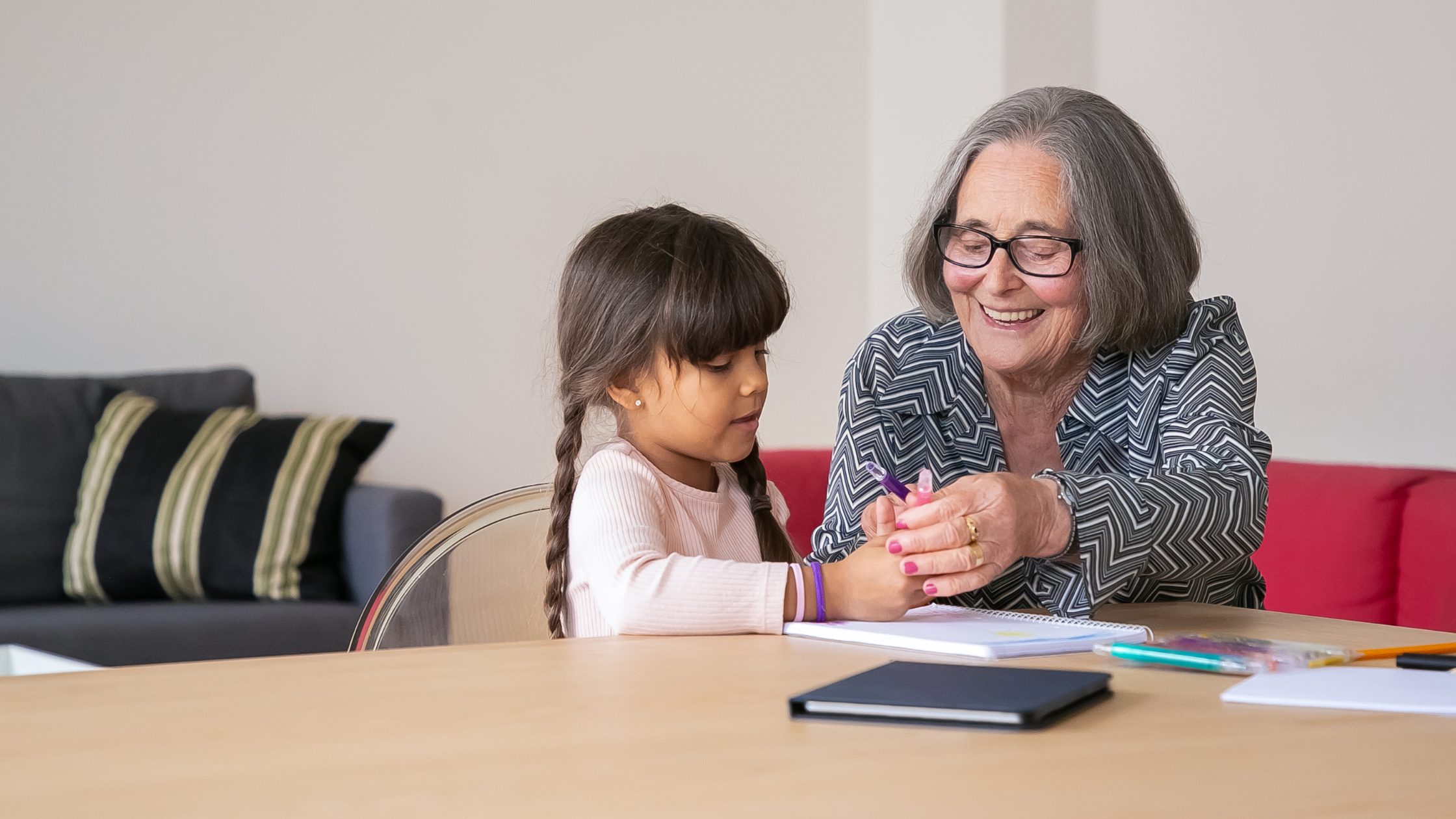When you’re worried about your child’s speech development, it can feel overwhelming to know what to do next. Maybe you’ve heard well-meaning advice like, “They’ll grow out of it,” or “Just wait and see.” But how do you know if waiting is the right choice? What if early speech therapy could help your child thrive?
At SmallTalk Pediatric Therapy, we often meet parents who aren’t sure whether to seek support or give their child more time. Here’s what you should know to make an informed decision.
Understanding Speech and Language Milestones
All children develop at their own pace, but there are general milestones most kids reach around certain ages. For example:
- By 12 months: Babbling, using gestures, responding to their name.
- By 18 months: Saying about 10–20 words.
- By 2 years: Using two-word phrases (“more juice,” “mama help”).
- By 3 years: Speech is clear enough for familiar adults to understand most of what they say.
You can read more about specific milestones with our Developmental Checklist. If your child is significantly behind in these milestones, it may be time to consider an evaluation.
The “Wait and See” Approach
Many parents are told to wait and see if their child will “catch up.” While this can be appropriate in some cases, especially when there is steady progress, delaying help can also mean missing the window when therapy is most effective.

Research shows that early intervention leads to better outcomes in speech and language development. If a delay is identified early, therapy can help build skills before gaps widen.
A 2011 meta-analysis published in the American Journal of Speech-Language Pathology found that parent-led early speech interventions significantly improved expressive language in young children—especially those under age 3 (Roberts & Kaiser, 2011). These findings support the importance of not delaying care when communication concerns arise.
.
Benefits of Starting Speech Therapy Early
Here are a few reasons why acting early can be so powerful:
- Brain Plasticity: Young children’s brains are more adaptable, making it easier to learn new communication skills.
- Confidence: Kids often feel frustrated when they can’t express themselves. Therapy helps reduce this frustration and build self-esteem.
- Social Connection: Communication delays can impact play and peer relationships. Early support helps kids engage more successfully with others.
- Family Support: Therapy gives you tools and strategies to help your child at home.
When to Seek an Evaluation
You don’t need a referral to have your child evaluated by one of our speech-language pathologists. If you notice any of the following, it’s a good idea to schedule an eval:
- Your child is not meeting speech milestones for their age.
- They appear frustrated by not being understood.
- They rarely imitate sounds or words.
- You have a gut feeling that something isn’t quite right. Trust your instincts—you know your child best.

How SmallTalk Pediatric Therapy Can Help
At SmallTalk, we believe in early, compassionate, play-based therapy that meets kids where they are. Our licensed speech-language pathologists will:
- Assess your child’s speech and language skills.
- Create an individualized treatment plan.
- Guide you on how to support your child at home.
- Celebrate every success, big and small!
You Don’t Have to Wait and Wonder
If you have concerns about your child’s speech, you don’t have to navigate them alone. Early intervention doesn’t mean something is “wrong”, it means you’re giving your child every opportunity to communicate confidently.
Contact us today to schedule a speech evaluation. We’re here to help.






